Your cart is currently empty!
Tag: Organic Growing
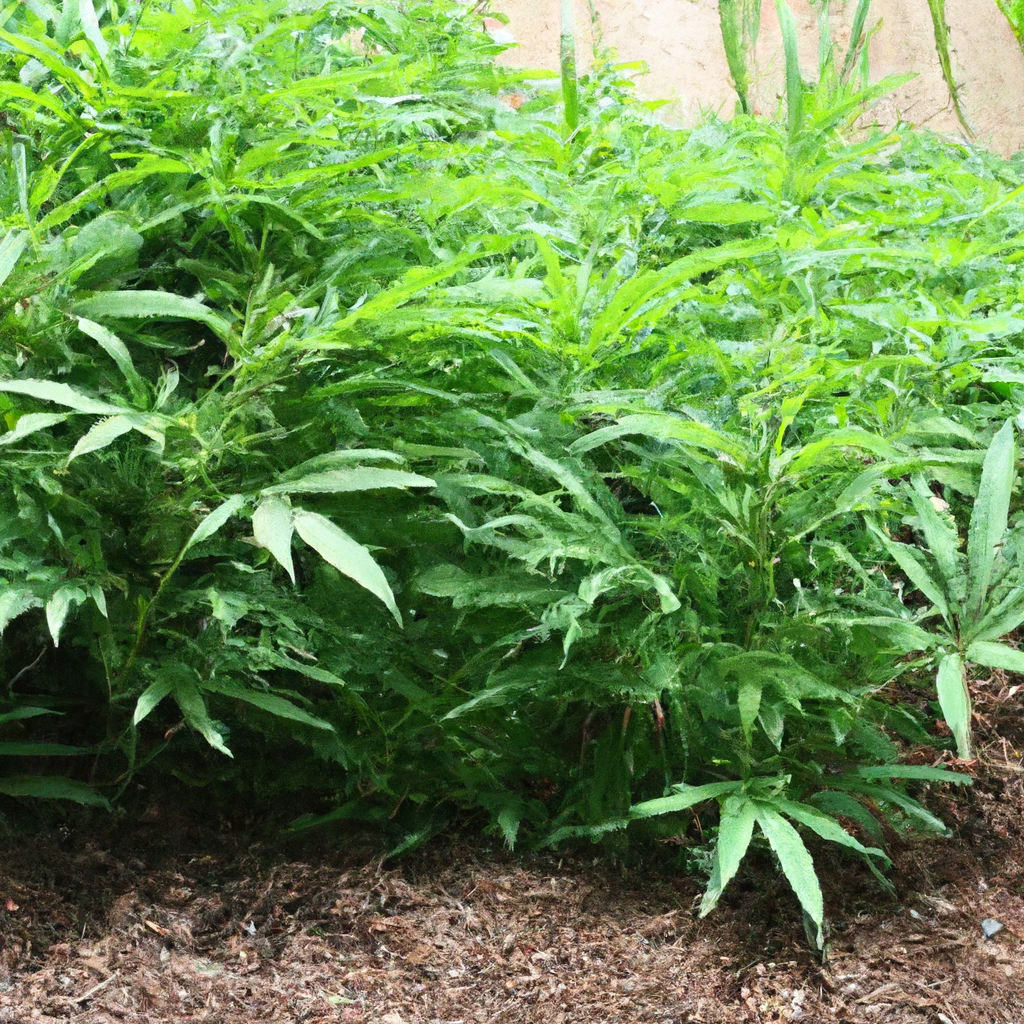
The cannabis industry’s growth has heightened the demand for sustainable cultivation methods. This article delves into organic cannabis practices, emphasizing natural fertilizers, composting, and pest control. Key strategies for building healthy soil include composting organic waste, using cover crops, and applying organic mulch. For natural pest management, companion planting and beneficial insects play a vital…
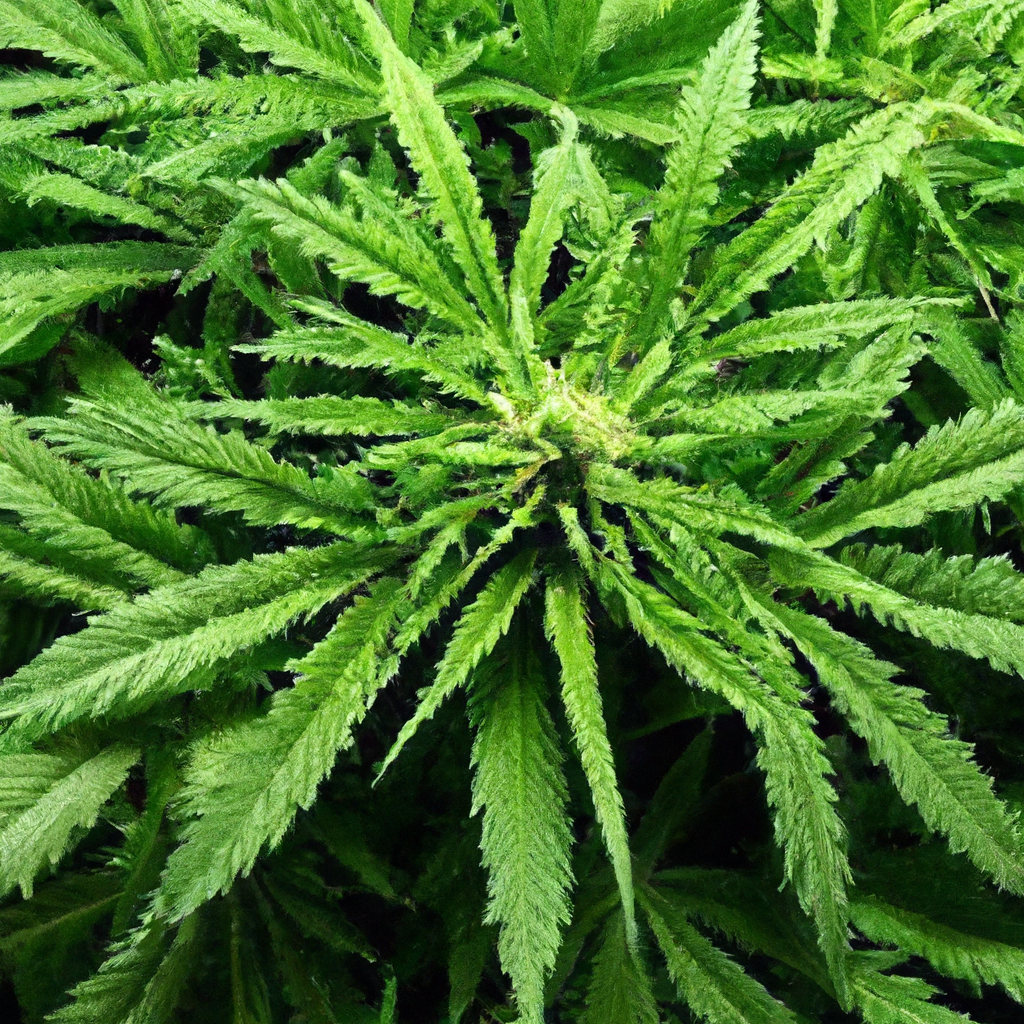
Embarking on organic cannabis cultivation involves embracing a holistic approach with natural fertilizers, vibrant soil ecosystems, and sustainable pest control methods. This not only benefits the environment but also enhances the quality of cannabis, offering consumers a cleaner product. Central to this is creating healthy soil using composting, crop rotation, and beneficial microbes. Choosing fish…

Growers are increasingly using beneficial fungi, such as mycorrhizae and Trichoderma, to enhance cannabis cultivation. These fungi improve plant health and yield by boosting nutrient uptake, drought resistance, and disease prevention. For successful implementation, select high-quality inoculants, apply them appropriately, and maintain optimal soil conditions. Real-world cases, like a California operation, have shown a 20%…
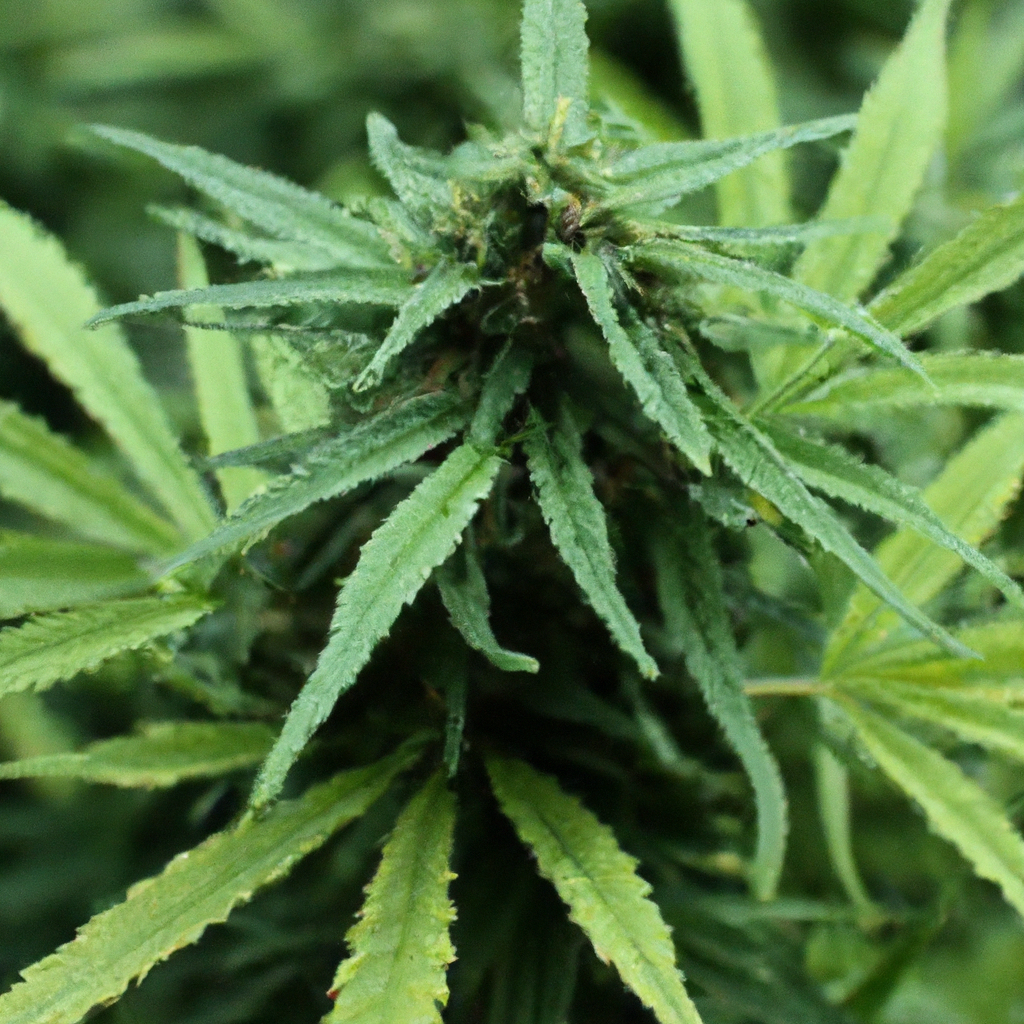
In an age where sustainability is key, organic cannabis cultivation offers an eco-friendly approach by using natural ingredients and techniques instead of synthetic chemicals. This method promotes healthier products and environmental support. Essential practices include building a thriving soil ecosystem with compost and companion planting, using natural fertilizers like worm castings and compost teas, and…
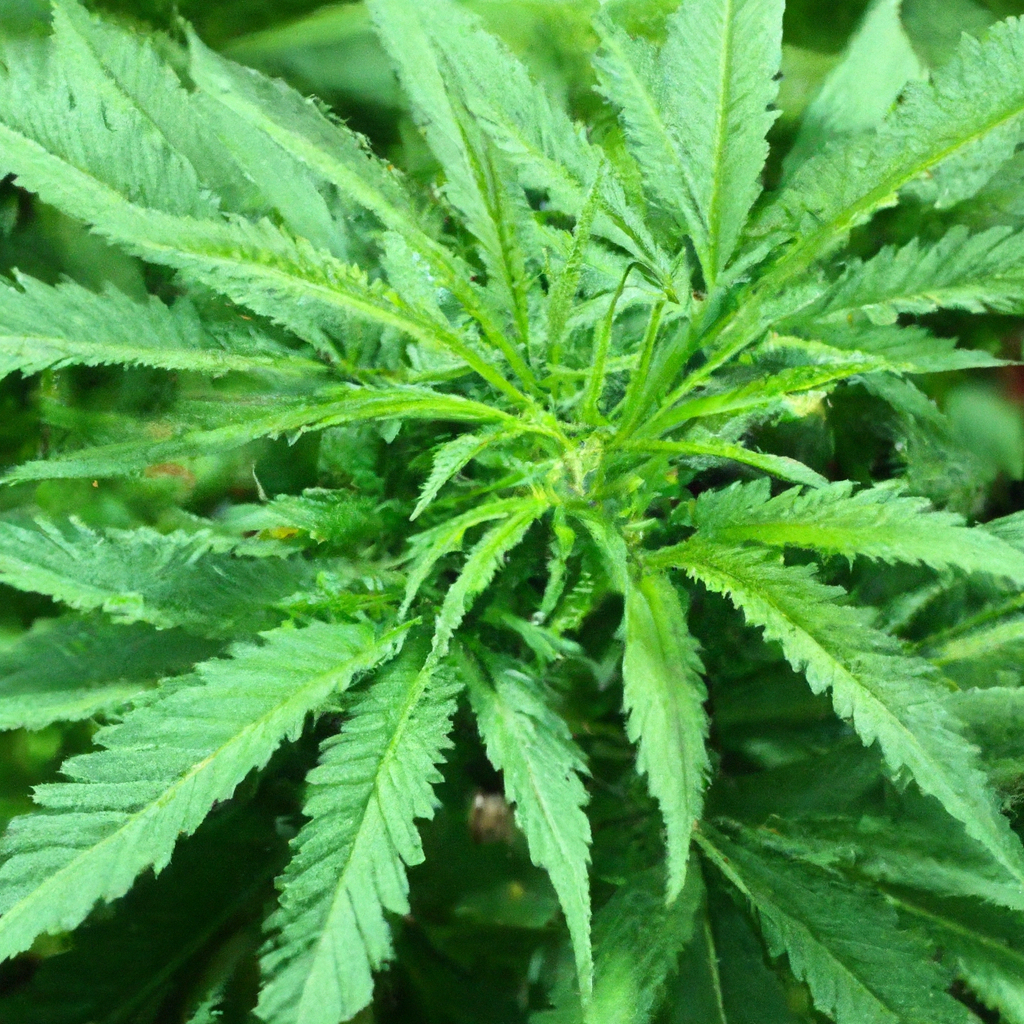
Organic cannabis cultivation emphasizes sustainability and health by using natural techniques to minimize environmental impact and appeal to eco-conscious consumers. This guide outlines natural practices such as composting, cover crops, and soil amendments to create a healthy soil ecosystem, along with natural fertilizers like fish emulsion and bone meal. It also covers eco-friendly pest control…
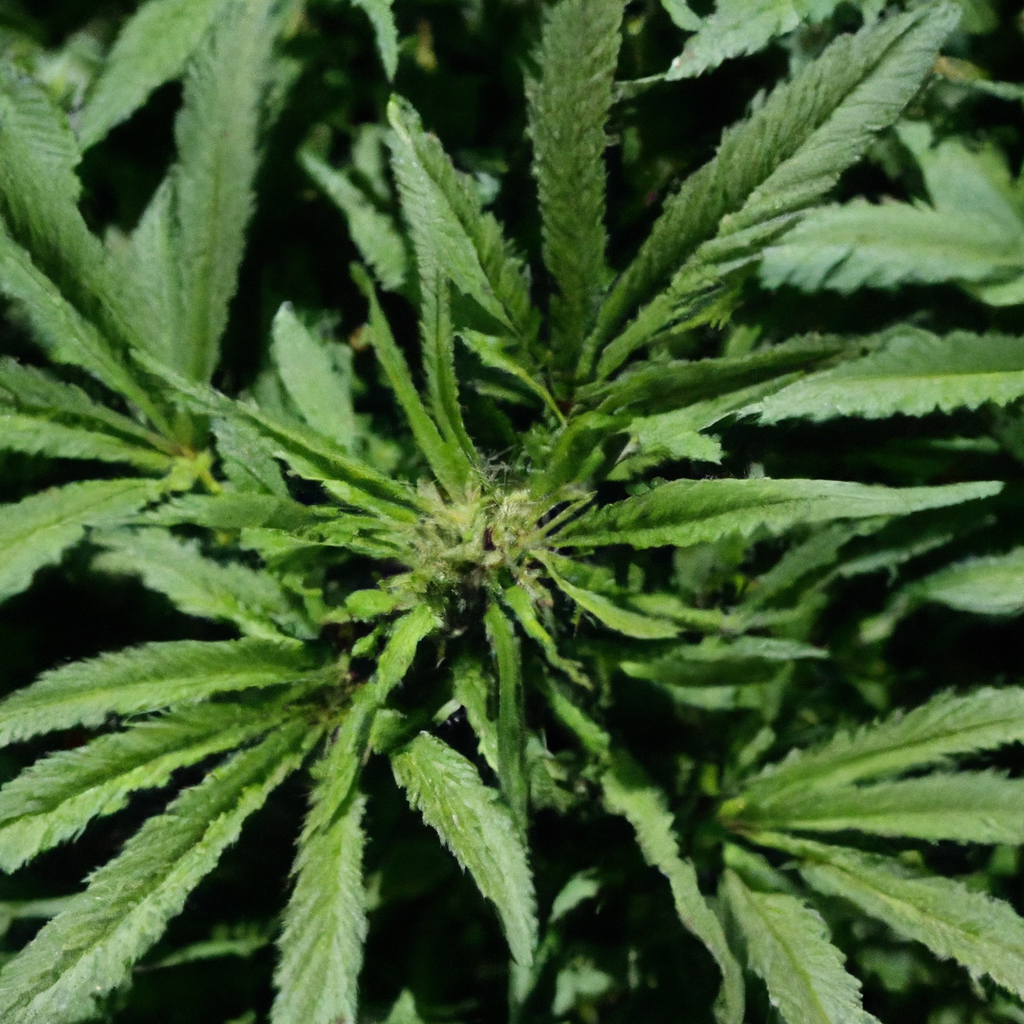
Discover the essentials of organic cannabis cultivation and prioritize sustainability through natural methods. By enhancing soil health with compost, promoting nutrient-rich growth using natural fertilizers like worm castings and kelp meal, and employing eco-friendly pest control such as companion planting, growers can achieve a thriving cannabis ecosystem. Focus on sustainability in operations, too, with water-efficient…
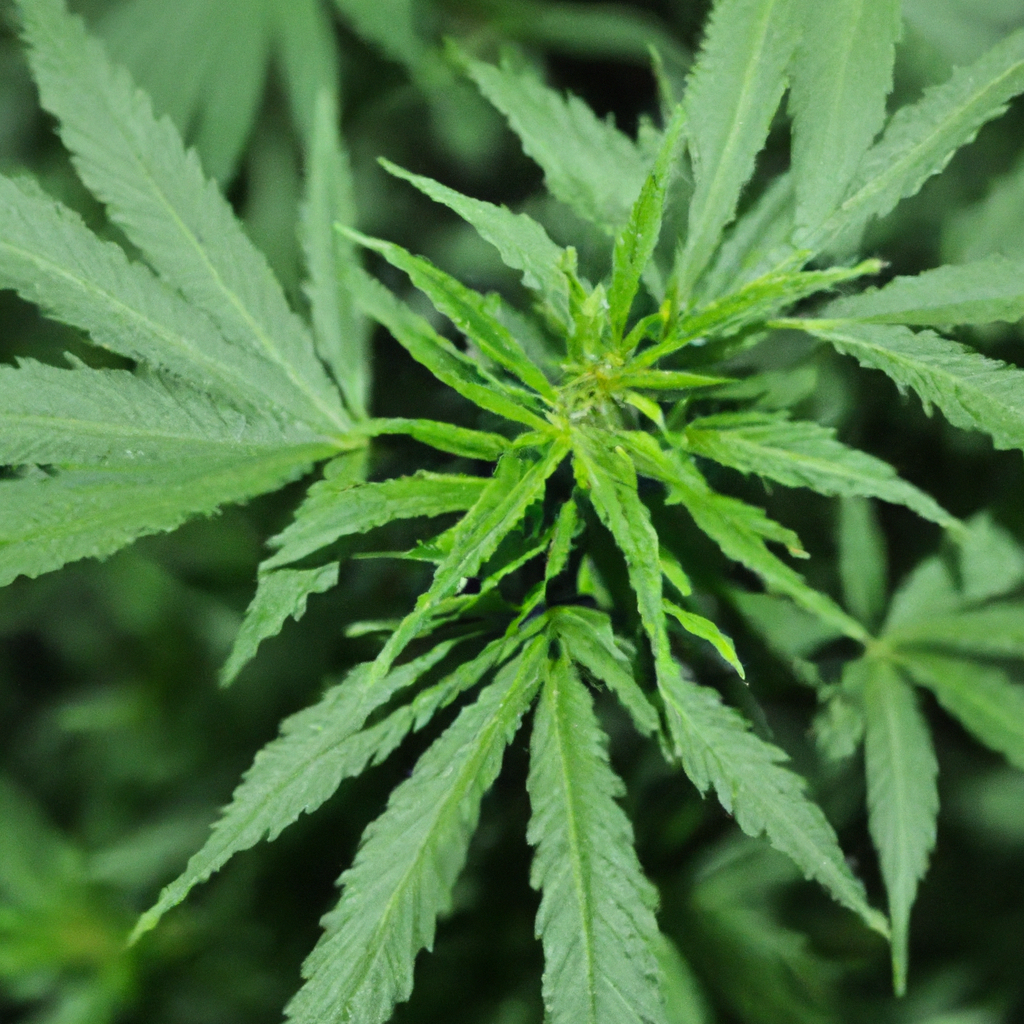
The cannabis industry is increasingly adopting organic growing practices, which benefit the environment and result in healthier, more flavorful products. This guide outlines key practices for organic cultivation, emphasizing healthy soil ecosystems, natural fertilizers, and sustainable pest control. Key methods include using compost, incorporating animal and plant-based fertilizers, and employing natural pest management like beneficial…
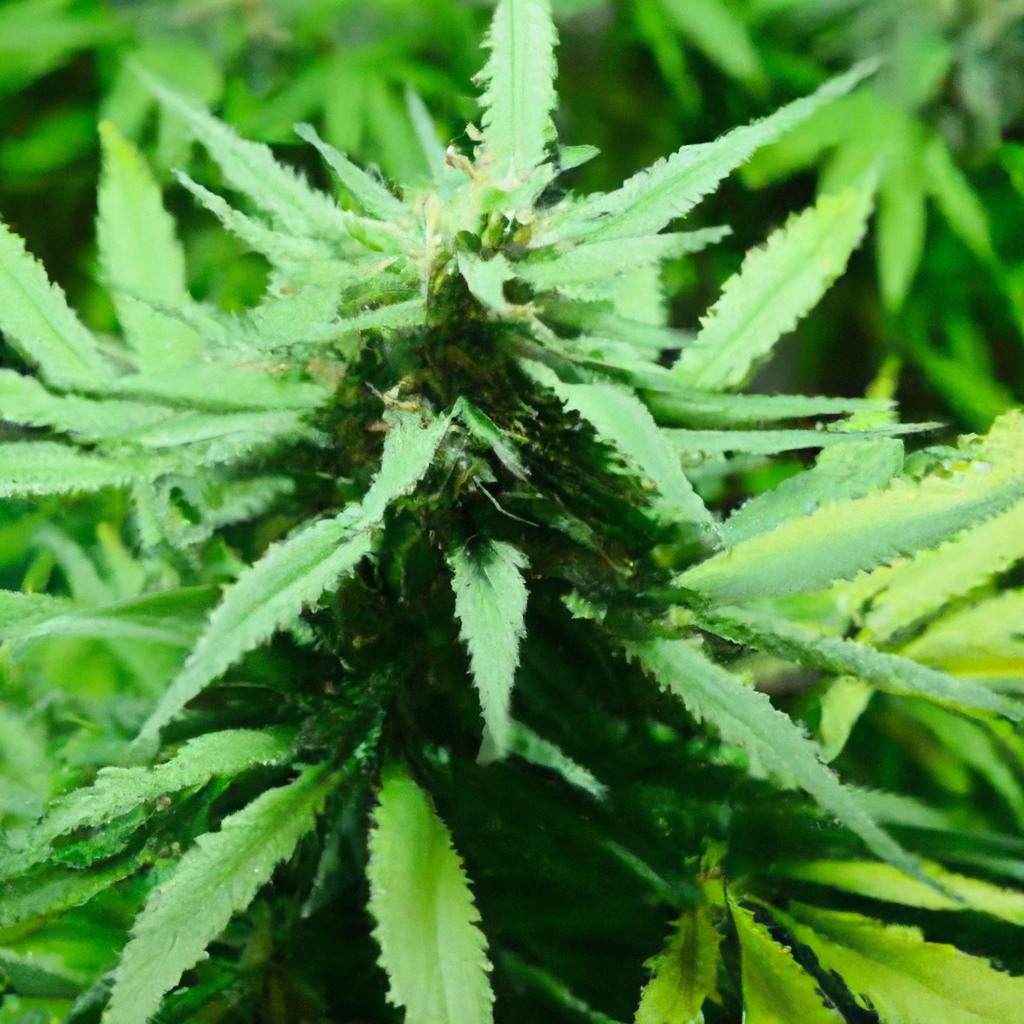
As cannabis becomes more accepted, understanding its cultivation is increasingly valuable. This article delves into key cultivation aspects, from lighting, watering, and climate control to advanced growing techniques like Low-Stress Training and hydroponics. It highlights the importance of sustainability through organic growing and eco-friendly pest control. By mastering these elements, growers can achieve high yields…
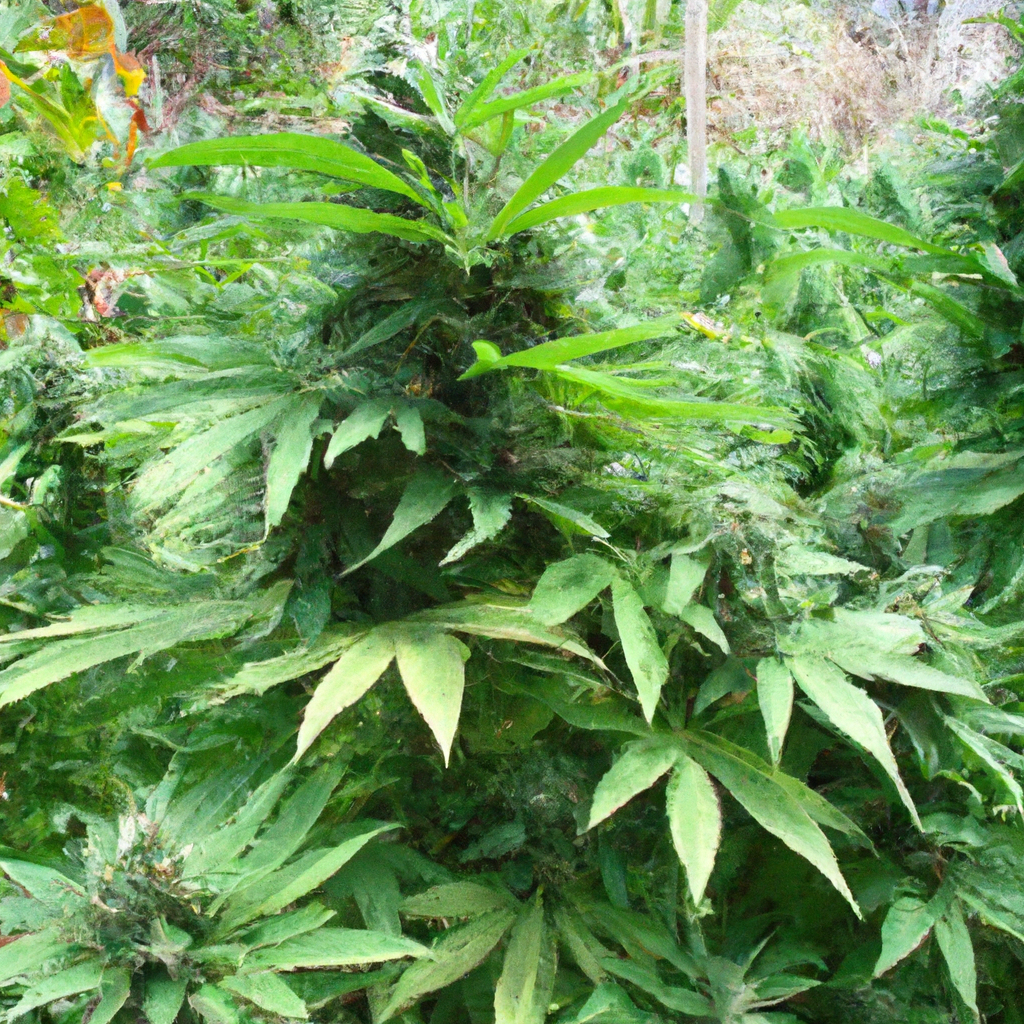
In the cannabis cultivation community, organic growing has become a key focus for enhancing sustainability and produce quality. This approach centers on building vibrant soil ecosystems through composting, cover crops, and mulching, and replacing synthetic fertilizers with natural alternatives like fish emulsion and bone meal. Pest control relies on beneficial insects, neem oil, and companion…
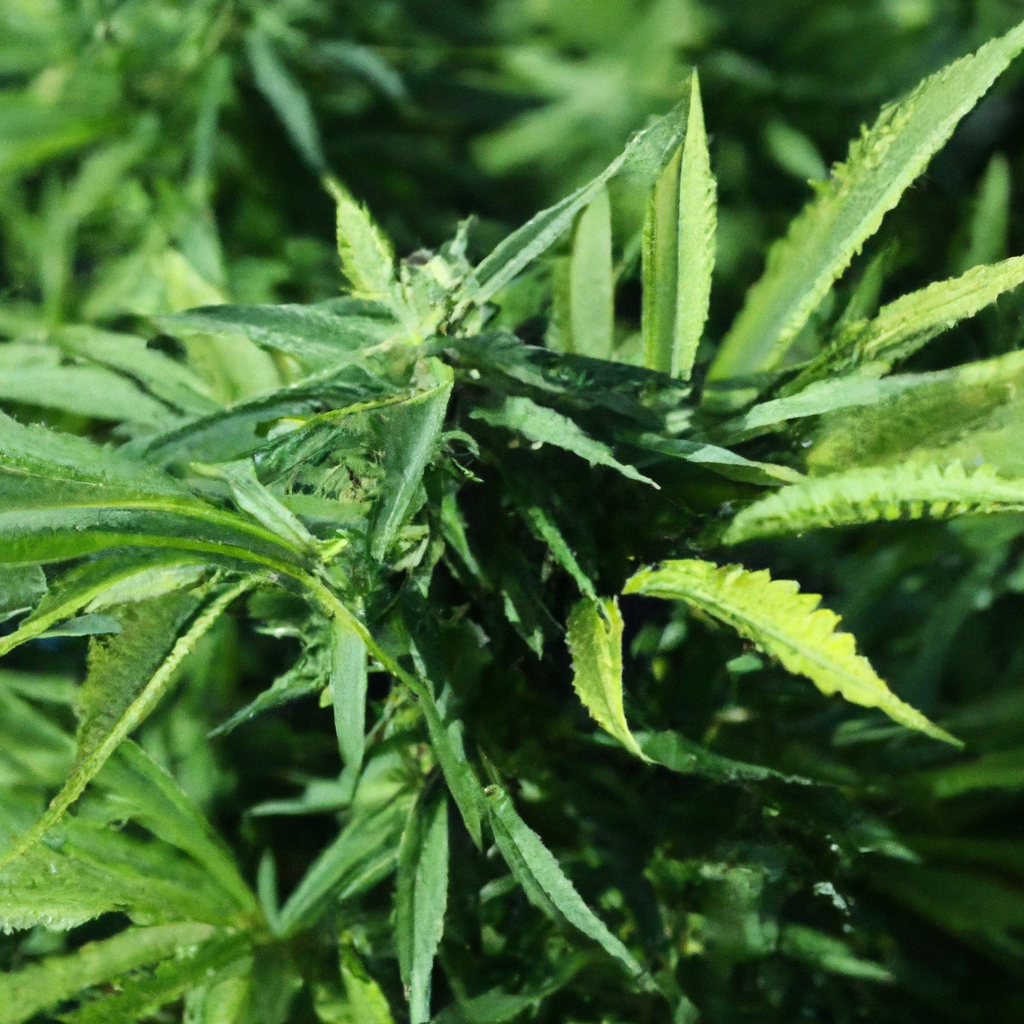
Organic cannabis cultivation is increasingly popular for its environmental benefits and enhanced crop quality. This guide covers essential practices such as maintaining healthy soil ecosystems using compost and cover crops, opting for natural fertilizers like fish emulsion and bat guano, and employing sustainable pest control through beneficial insects and companion planting. Emphasizing sustainability, it also…
